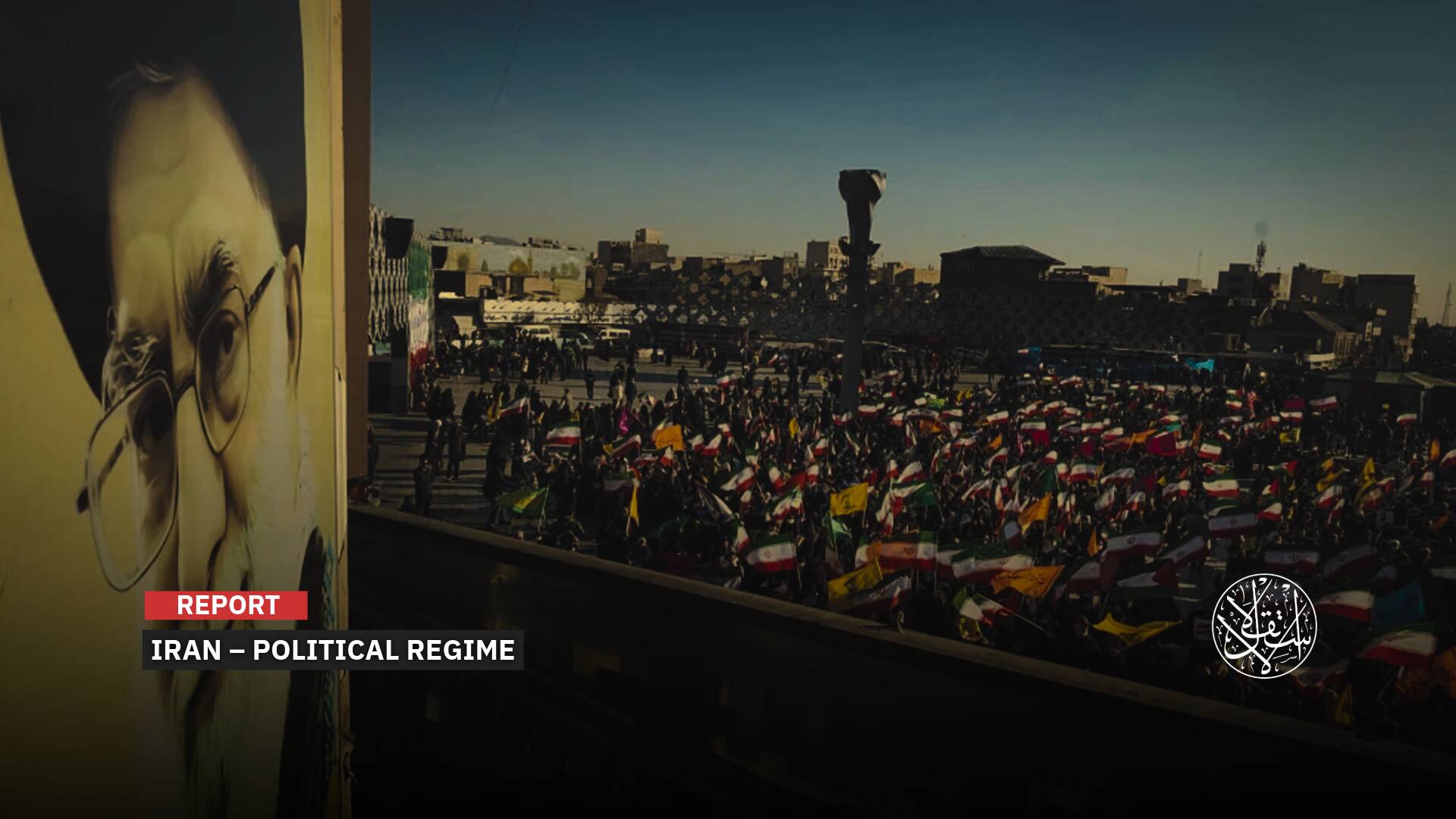How Did an Emirati Company Cause Permanent Damage to Egypt?

A report by the British website Middle East Eye (MEE) revealed a crisis left behind by projects of the Emirati company Emaar, which caused irreparable damage to one of the purest beaches on the north coast of Egypt.
Engineers and urban planning experts have warned that the company is "carrying out development projects that threaten the geological composition of Sidi Abdel Rahman," a village 130 kilometers west of Alexandria, the report said.
The affected area is part of a new summer capital of Egypt at an estimated cost of several billion dollars, called New Alamein, ordered by the government of President Abdel Fattah al-Sisi.
Emaar has built its coastal resort Marassi on a 6.5 million square meter plot of land in Sidi Abdel Rahman, which includes 23 residential complexes owned by some of Egypt's richest people, and is also building another complex whose residential units are being sold at a rapid pace at a cost of more than 100 million Egyptian pounds (about US$5 million) per unit.
The problem began a few months ago, when it started implementing a project to establish a boat port in Marassi, where large excavations and the removal of huge amounts of beach sand caused catastrophic environmental repercussions, including changing the movement of waves along the coast and accelerating coastal erosion, thus endangering neighboring buildings due to the direct threat from the waves.
The Emaar project has also increased the possibility of a complete erosion of Egypt's Mediterranean coast, amid warnings from environmentalists that the investment activities of tourist villages are accelerating the threat posed by climate change to the region.
Ilham Mahmoud, a professor of environment and marine sciences at Suez University in eastern Egypt, said: "These activities open the door to the destruction of the north coast. The construction of residential complexes in coastal areas eliminates the sand dunes, whose function is to protect the coast."

Sensitive Timing
In response to the objections, Egypt's Ministry of Environment said on July 24 that it had halted all dredging activities along the Marassi coast and formed a committee to look into the causes of coastal erosion and propose measures that should be taken to protect it.
The erosion of the coast comes at a very sensitive time for Egypt, which is preparing to host the UN's COP27 climate change conference in Sharm el-Sheikh in November.
Egypt is making huge preparations for the conference, including turning Sharm el-Sheikh into a green city, and Cairo hopes to use the conference to focus the attention of the international community on the importance of providing the necessary financial assistance to African countries so that they can adapt to and better deal with the effects of climate change and wants to review its past and current efforts to deal with climate change.
But coastal erosion in the north puts the Egyptian government at stake, underscoring the difficulty of crossing the line between satisfying investors and protecting the environment.
The United Arab Emirates, hosts Climate Change COP 28 in 2023,
— Somaya Saad (@somayasaaad) July 21, 2022
-So is right that its Emaar Marassi Company builds a Yacht Marina which caused huge environmental degradation to Sidi abdel Rahman most beautiful North Coast beach in Egypt ,the host of 2022 COP 27 ? pic.twitter.com/hU9b0v2fCI
Ali Nour, a member of the environment committee in the Egyptian parliament, said: "Some investments in the North Coast pose risks to the environment, such as in the case of Emaar," adding: "I regret to say that this problem is not limited to the North Coast alone."
Last week, Egypt's former minister of industry, Mounir Fakhry Abdel Nour, demanded on Twitter that the government take "deterrent measures against foreign investors who do not abide by the law."
The Egyptian government has taken some measures to protect coastlines from erosion and has launched projects worth hundreds of millions of dollars, some of which are implemented in cooperation with the United Nations, to counter the impact of climate change.
The government is also building dams in some Egyptian coastal cities, as well as setting up an early warning system to monitor wave and rain movements, among other measures.

Poor Investments
Nearly a decade ago, property developers and tourism investment firms internationally began shifting their investments from Egypt's Red Sea resorts in Sharm el-Sheikh and Hurghada, which have become saturated markets, to the Mediterranean coast.
Egypt's northern coastal region stretches hundreds of kilometers between the city of Alexandria and the Egyptian border with Libya in the far west and is home to some of the most beautiful beaches overlooking the Mediterranean Sea and the best for tourism.
Egypt's northern coast has captivated nature lovers for decades, thanks to its pure waters, soft white sand, and still natural habitat.
The region's tourist attractions attract wealthier Egyptians, including villas, apartments, and chalets worth tens of millions of Egyptian pounds each.
The new City of Alamein is being built a few kilometers from the site of the Battle of El Alamein, which took place in 1942 between British and German forces.
The city is set to include skyscrapers, residential and leisure venues, a business and trade district, a cultural center, and agricultural facilities.
But experts believe that coastal erosion threatens to squander tens of billions of Egyptian pounds invested by the government in the new city, as well as massive private sector investments in projects implemented or planned along the coast.










